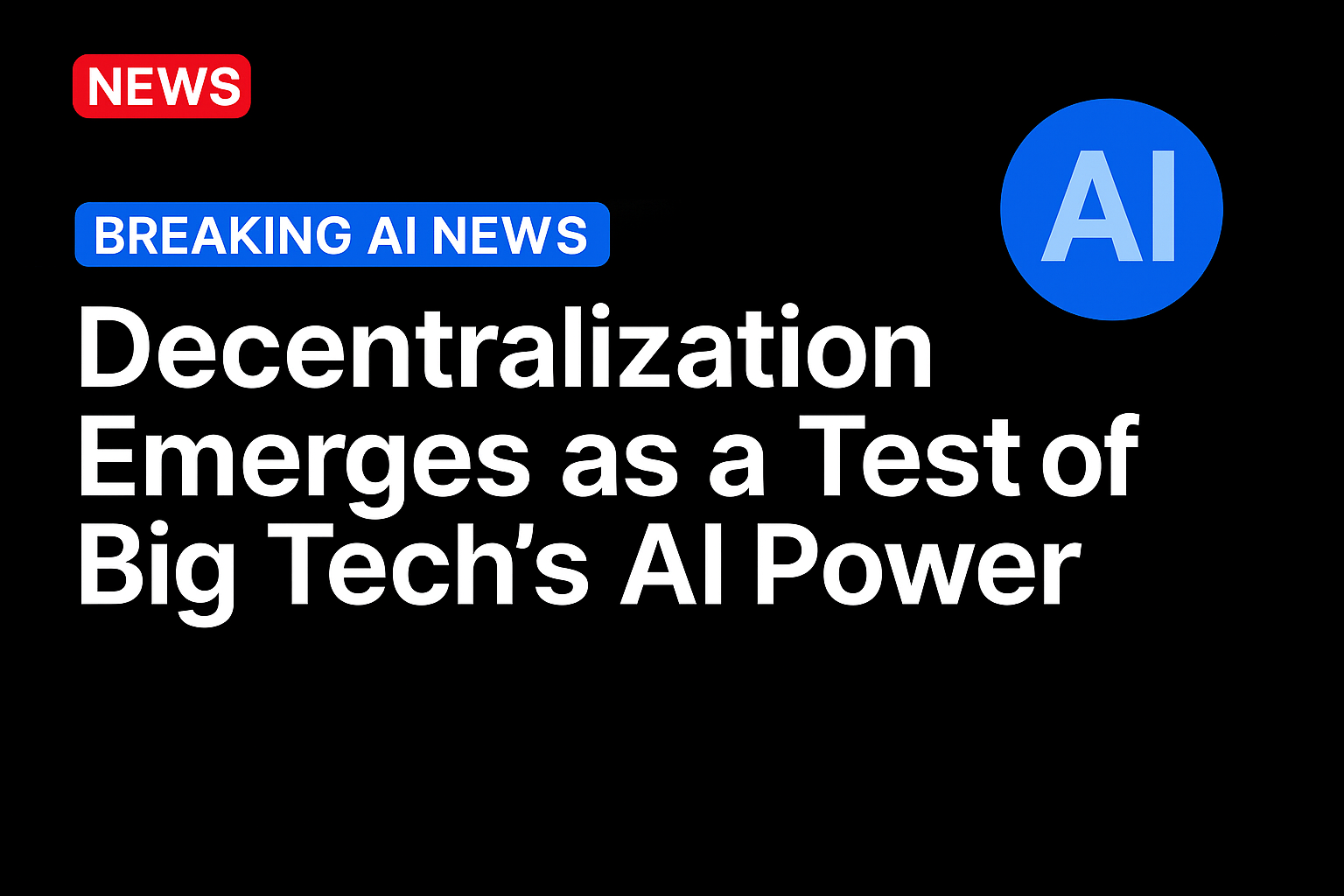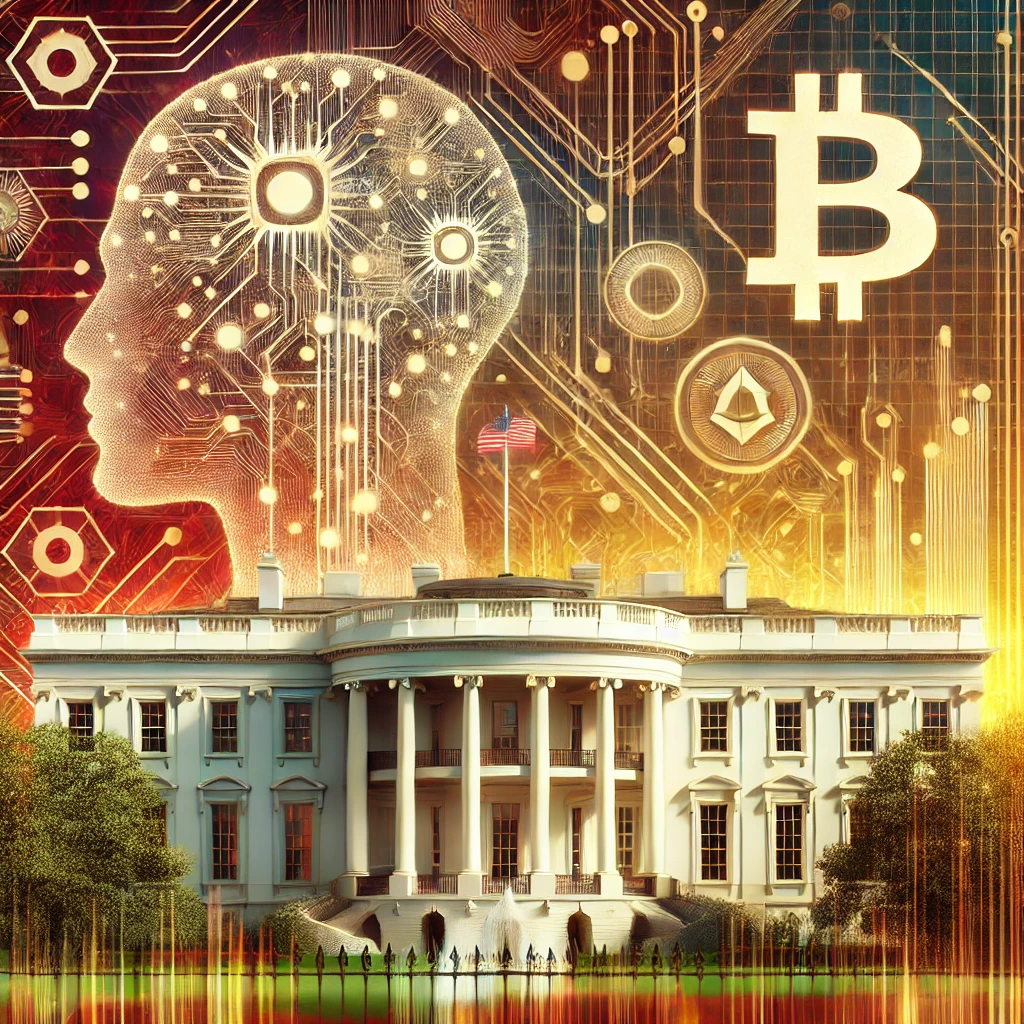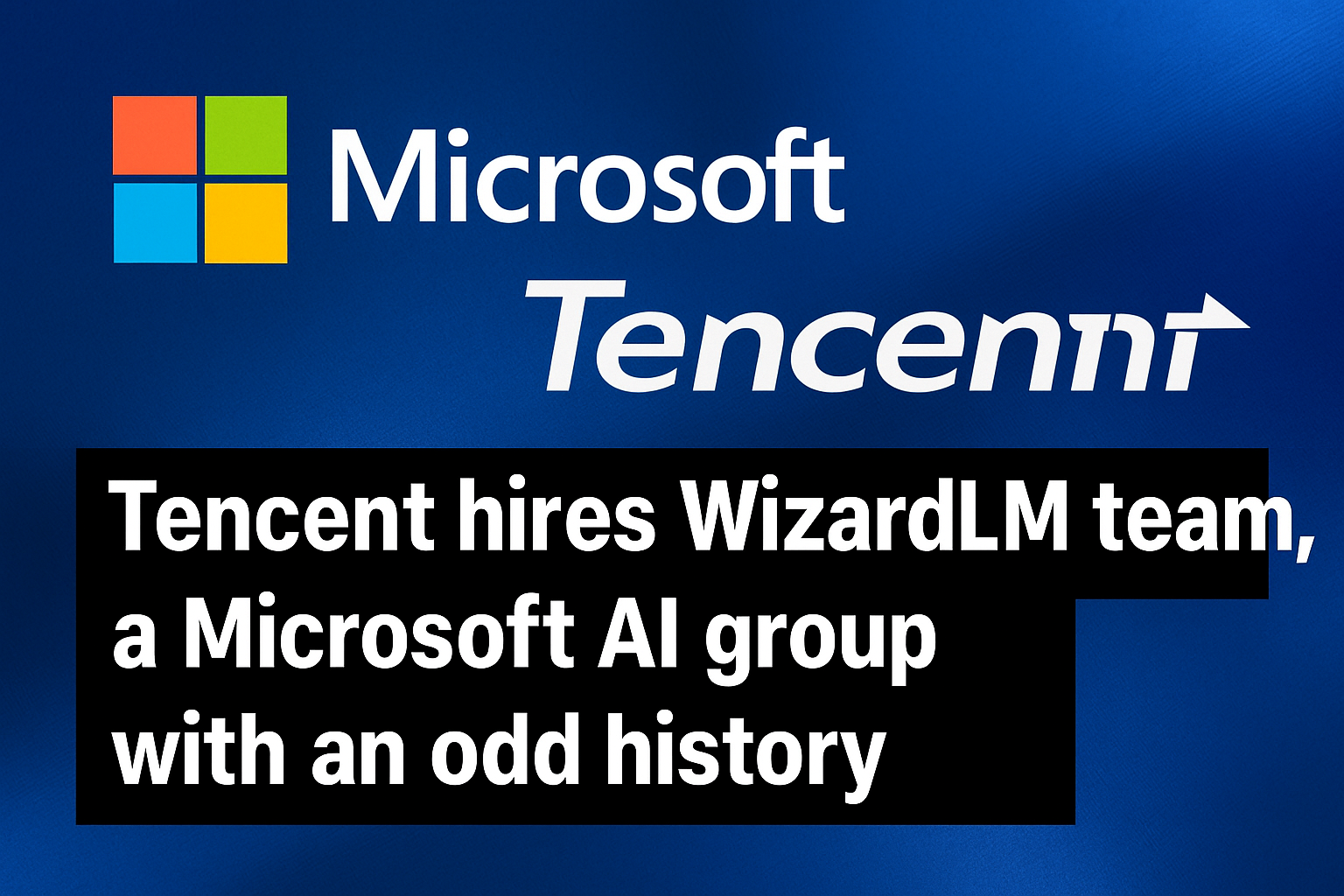
Global investment in artificial intelligence (AI) could exceed $2.8 trillion by 2029, according to Citigroup estimates reported by PYMNTS. Most of that money flows through a small group of companies that own the models, the cloud infrastructure, and the data pipelines. That concentration has fueled remarkable progress, but it also raises a question: What if the future of AI were not controlled by a few firms, but spread more widely?
That is the idea behind decentralized AI. It is not mainstream yet, more of an experiment, but it is beginning to attract capital and attention. At its core, decentralization means moving AI away from being fully owned and run by a handful of providers, toward a model where data, intelligence and rewards are shared among many participants.
As researchers at the MIT Media Lab argue that decentralization must address privacy, verifiability, incentives, orchestration and user experience to move beyond today’s paradigm. The Linux Foundation, notes that 94% of surveyed organizations are using generative AI and 41% of the infrastructure supporting these initiatives is open source.
How It Works: From Factory to Workshops
Perhaps it is an imperfect analogy, but the simplest way to picture how today’s AI runs is like a massive factory: billions of users’ data, massive compute, and elite algorithms flow into a few centralized plants, where a handful of firms decide access and output.
Decentralized AI breaks that monopoly. Intelligence is produced in a network of workshops spread across the globe. Hospitals can keep records in-house while still benefiting from AI analysis. Publishers can license content without giving up archives. Individuals might even contribute compute from personal devices. The point is control shifts outward: The value of AI no longer depends on one company’s walls, but on the contributions of many.
The MIT paper describes this shift as moving from a “monolithic” model to a “polylithic” one, where multiple agents and systems coordinate without requiring a single overseer. As VentureBeat recently reported, Nous Research is testing this approach by training large language models across computers spread out over the internet, reducing reliance on giant data centers.
Why It Matters
The real promise of decentralized AI is economic, not just privacy. In today’s model, the money mostly flows one way: Users pay for access, and providers keep the profits. Decentralization imagines something different. Hospitals, publishers and other data owners could be compensated when their information improves a model. Consumers might one day opt in and receive credits or rewards for letting their data be used. MIT researchers frame this as moving toward a “brokerless” model, where incentives and data valuation mechanisms ensure contributors are rewarded fairly
Reuters reported last year that Sahara AI raised $43 million to build a decentralized network where data providers, model trainers, and users all share in the value created. Its Co-Founder Sean Ren argued, “There is often no transparency on how users’ proprietary models and agents are used by these centralized AI providers, and no protection or compensation for users’ contributions.”
The push for more openness is also coming from inside the industry. Stability AI Founder Emad Mostaque stepped down as CEO last year, noting that the future of the field should remain open and his desire to build decentralized AI. As Axios reported, his comments reflected a broader debate about whether AI should be governed by a few firms or developed in a more distributed way.
The policy backdrop reinforces that point. California has already begun to advance legislation to regulate frontier AI models, requiring developers to publish safety protocols and report incidents.
For many executives, decentralization offers not just a technology shift, but a potential compliance strategy in a world where regulators are questioning who controls and profits from AI. The Linux Foundation has echoed that “openness drives progress, fostering an ecosystem that enables collaboration, innovation, and responsible adoption of transformative technologies like generative AI.”
The Road Ahead
None of this is guaranteed. The technology is early, the business models untested, and adoption uncertain. As Forbes observed, decentralized AI “may or may not work,” but if it does, it could “unlock trillions in economic value” by broadening participation.
The MIT team cautions that decentralization does not eliminate AI’s existing problems like bias or hallucinations and may introduce new ones, such as accountability gaps or perverse incentives. Still, the approach offers a path toward a more participatory and less concentrated ecosystem.
Source: https://www.pymnts.com/




